Tom Wilkinson
Host and founder of Thinking in English, Tom is committed to providing quality and interesting content to all English learners. Currently a research student at a top Japanese university with a background in English teaching, political research, and Asian languages
Are you a ‘exhausted,’ ‘dead on your feet,’ or ‘worn out?’ On today’s episode of Thinking in English, let’s learn some excellent vocabulary to describe tiredness in English!!
Vocabulary for a Lazy Day!: ‘Couch Potato,’ ‘Lackadaisical,’ ‘Workshy’ and more! (English Vocabulary Lesson)
How to Describe Illness in English!!! (English Vocabulary Lesson)
The BEST Vocabulary for Job Interviews, Resumes, and University Applications!
A Guide to Insulting Boris Johnson (Using His Own Words)
(If you can’t see the podcast player CLICK HERE to listen!!)
Choose an amount
$5. 00
$15.00
$100.00
$5.00
$15.00
$100.00
$5.00
$15.00
$100.00
Or donate what you like!
Thank you so much for your donation! Reach out to me on Instagram, or by the contact form above, and I’ll be happy to thank you in person!
Your contribution is appreciated.
Your contribution is appreciated.
DonateDonate monthlyDonate yearly
Last week, I released an episode on lazy vocabulary. I told you quite a few different ways to describe that lazy feeling we all get from time to time. However, while writing and researching for the episode, a lot of the words, phrases, and terms I came up with didn’t necessarily describe “laziness” – instead they referred to “tiredness.”
What is the difference between being lazy and being tired? Often, we use similar language to describe both feelings, but they are different! “Lazy” means you are unwilling to do work or any effort, and “tired” means you need rest or sleep.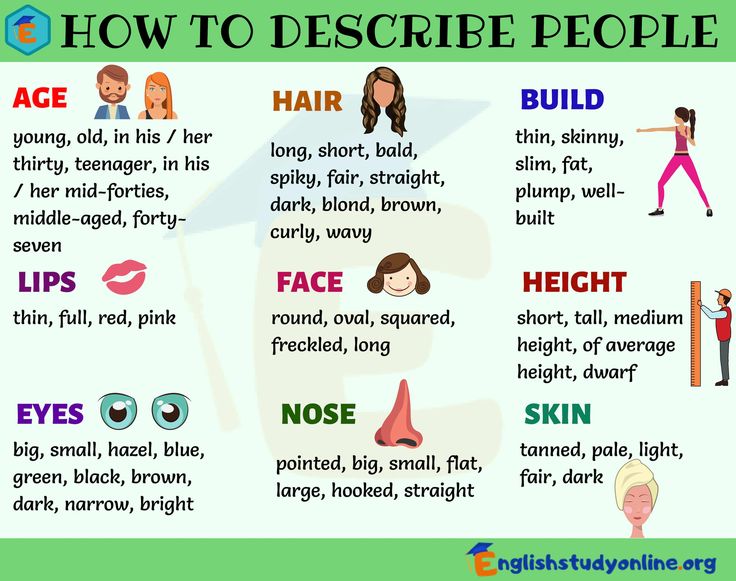
Sometimes these two situations can look similar – if you spend a lot of time sleeping in the morning you could be either “tired” or “lazy.” However, if you are “tired” you need to rest or sleep, but if you are “lazy” you want to rest or sleep (or perhaps more accurately, if you are lazy you don’t want to do anything else).
Being tired is incredibly common – you can be tired in the evening before you sleep, tired in the morning after you wake up, tired after a long day at work, tired after physical exercise, or tired after sitting down all day on a plane. I’m tired right now – I tend to write podcasts late at night and as I’m taking some short trips over the next few weeks I’ve been working a lot to prepare podcasts in advance. So, I’m always tired.
With all of these different situations and circumstances, surely there are different and more interesting ways of saying that you are tired? English actually has hundreds of different ways to describe this feeling! Throughout the rest of this episode, I’m going to introduce some of my favourite alternatives to “tired” – I’ll try to introduce a mix of the most common synonyms, formal options, slang, and maybe a few phrases and idioms!
I’m so excited that you found my blog and podcast!! If you don’t want to miss an article or an episode, you can subscribe to my page!
Email Address
Tired Vocabulary!WearyWeary is definitely one of the most common and useful synonyms for ‘tired’ in the English language.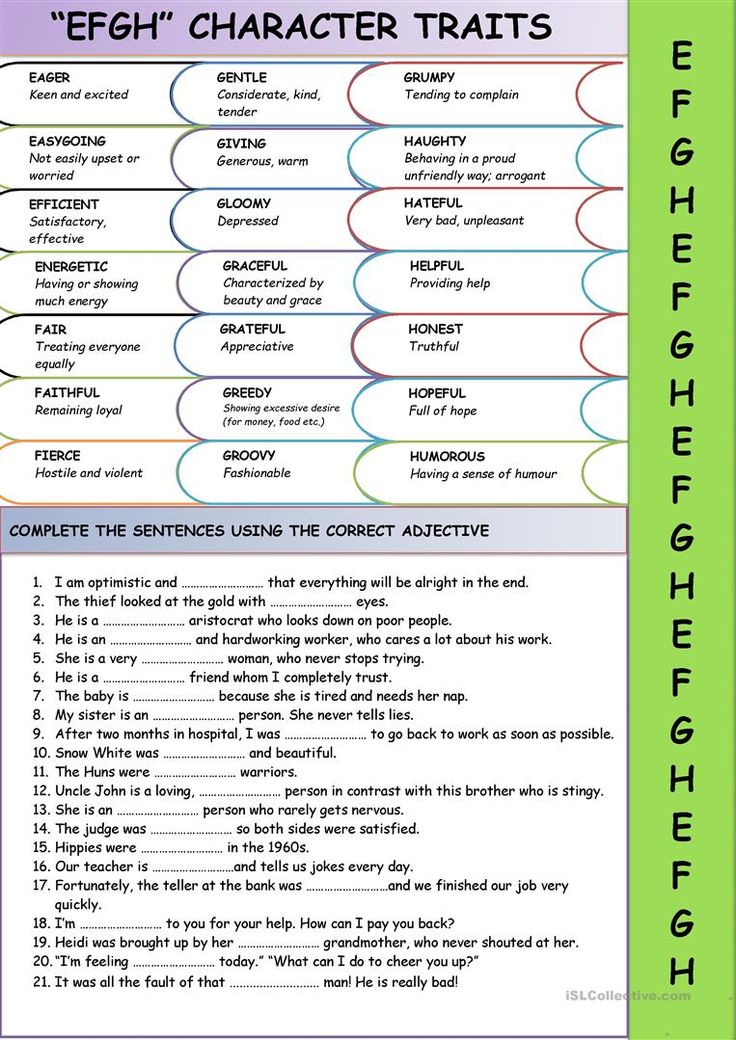 The word weary suggests that you feel weak due to a lack of energy. If you are weary, you are very tired after working hard for a long time! Weary comes from Old English, so it has been a part of the English language for over a thousand years!
The word weary suggests that you feel weak due to a lack of energy. If you are weary, you are very tired after working hard for a long time! Weary comes from Old English, so it has been a part of the English language for over a thousand years!
“The traveller was weary after a long journey”
Sleep Red Panda – Photo by Ivan Cujic on Pexels.comFatiguedFatigued is another very common alternative to the word “tired.” Fatigue traces its origins back to a Latin word meaning “enough”: so if you are fatigued you have had enough! We use both the noun fatigue and the adjective fatigued when we are very, very tired!
“She was so fatigued, that we could all see the dark circles under her eyes”
ExhaustedEven stronger than “fatigued” is “exhausted.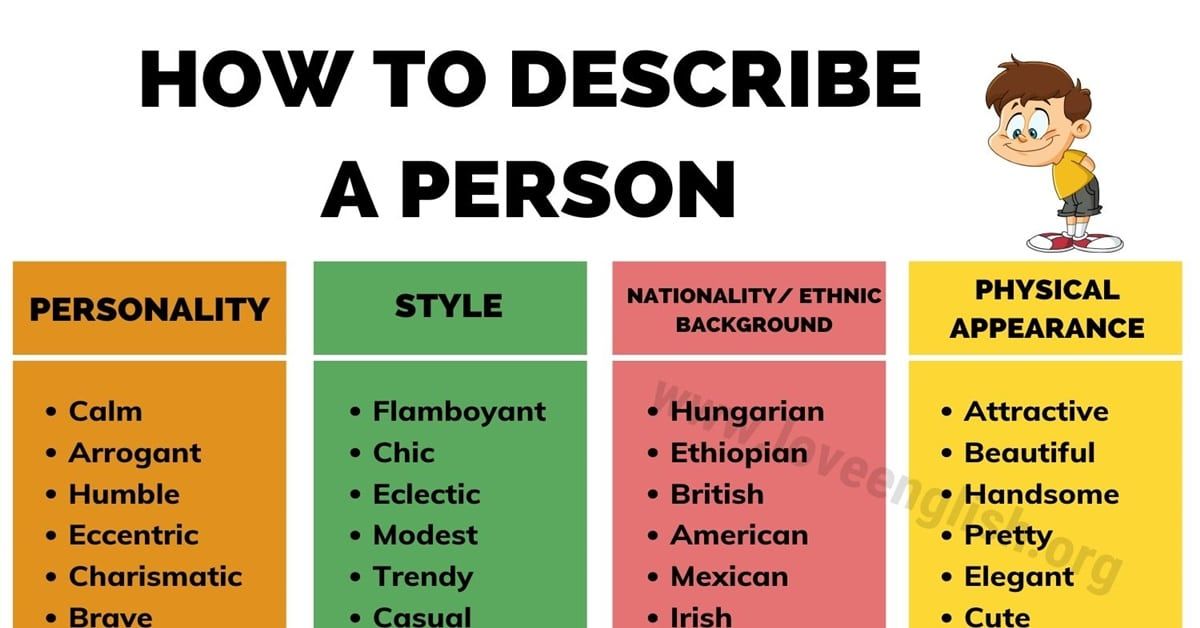 ” We use exhausted to describe the feeling of being really tired. All of your energy has been taken out of you, and now you are
exhausted you are completely empty of energy!
” We use exhausted to describe the feeling of being really tired. All of your energy has been taken out of you, and now you are
exhausted you are completely empty of energy!
“I was absolutely exhausted after a long week at work”
DrainedSimilar to “exhausted” is drained. Drained also has a similar image in the head of a native English speaker – both “exhausted” and drained mean to be emptied of energy. If you are drained you are really tired. We also use drained a lot to describe being “emotionally tired” – not just physically!
“You look drained – why not go to bed early?”
Worn OutPhoto by Andres Ayrton on Pexels.comNow let’s have a quick look at a few phrasal verbs that we often use when we are tired. Worn out suggests a similar level of tiredness to “exhausted” and “drained.” If you are worn out, you are extremely tired. A person who is worn out is exhausted after working hard or going through a difficult or unpleasant experience.
Worn out suggests a similar level of tiredness to “exhausted” and “drained.” If you are worn out, you are extremely tired. A person who is worn out is exhausted after working hard or going through a difficult or unpleasant experience.
“He was worn out after hiking up the mountain!”
Burnt OutBurnt out refers to a specific type, or instance, or tiredness – and it is very commonly used, especially in recent years. If you are burnt out, you make yourself exhausted and extremely tired by working too hard and too much. Working long days, without taking breaks or time to relax, can lead to burn out! Many companies have been allowing employees more flexible working schedules to help prevent their employees becoming burnt out!
“After not taking a day off for over a year, the manager was always burnt out”
The rest of the “tiredness” synonyms I’m going to introduce today are going to be less formal – they are still commonly used, but less so in formal or professional situations!
SpentSpent is an adjective that we use to mean exhausted.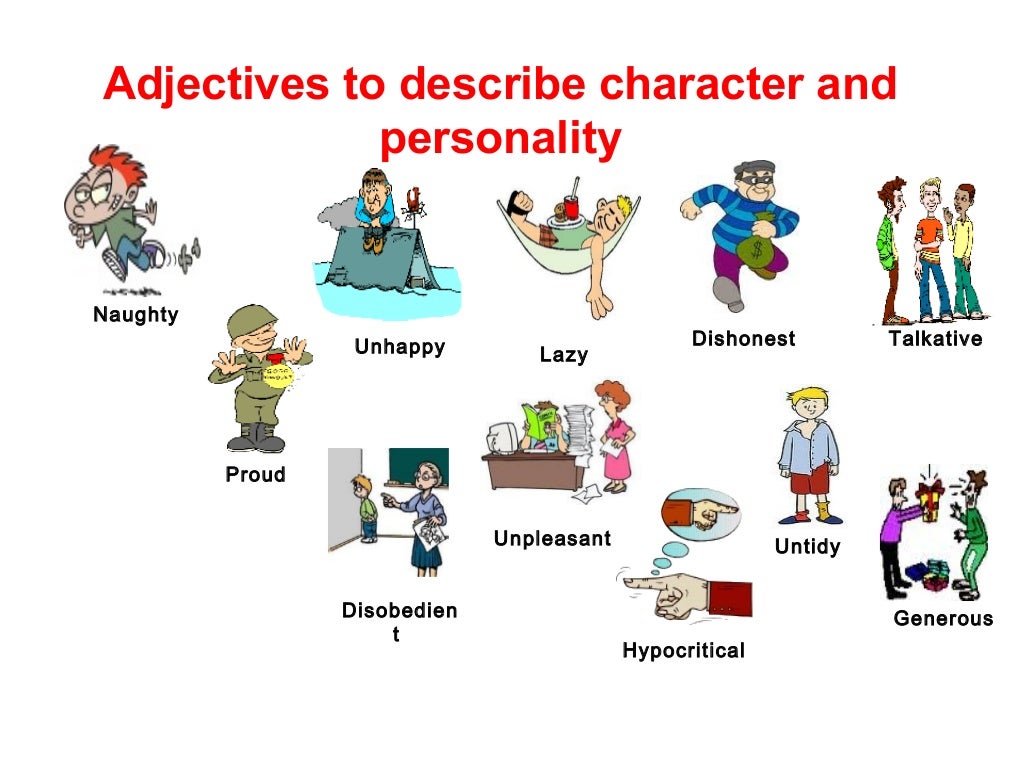 Like “exhausted” or “drained,” spent has a similar idea of being empty of energy. We can say we spend energy, so if your energy is spent there is none left! Something that is spent has been used so that it no longer has any power or effectiveness!
Like “exhausted” or “drained,” spent has a similar idea of being empty of energy. We can say we spend energy, so if your energy is spent there is none left! Something that is spent has been used so that it no longer has any power or effectiveness!
“Sorry, I have to cancel our plans tonight – I’m absolutely spent”
SleepySleepy was the favourite adjective of my students while I was a teacher in Japanese elementary schools. Sleepy goes beyond “tired” to suggest that you are also “worn out” and able to fall asleep at pretty much any time. Sometimes, you can be “exhausted” without being sleepy – for example after taking part in a sports game! So it is important to use sleepy in the right context.
Photo by sergio souza on Pexels.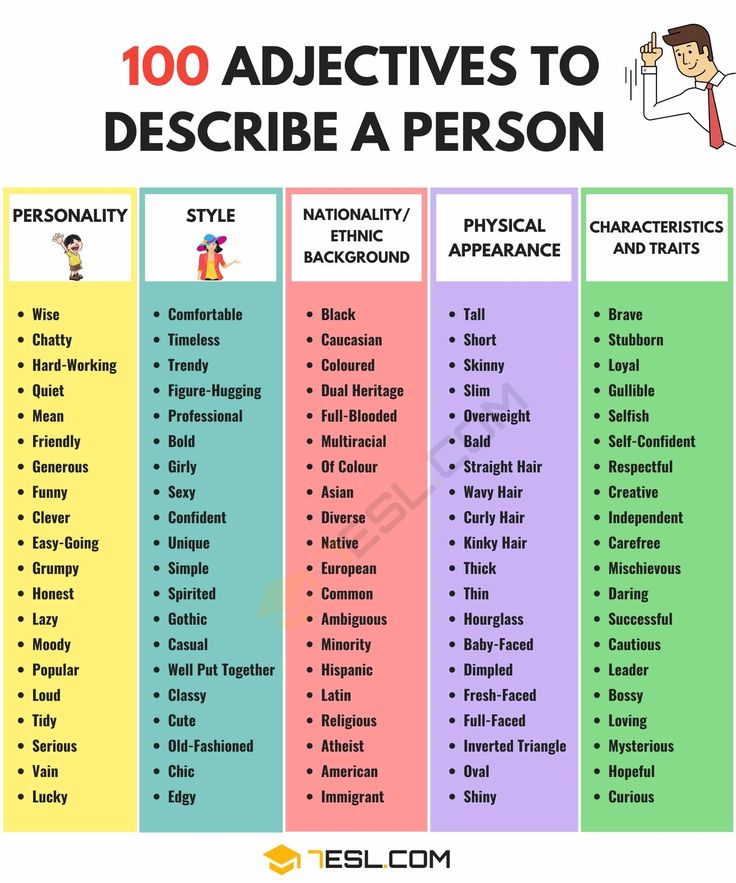 com
com“The child was so sleepy that she fell asleep almost as soon as she got into bed”
DrowsyDrowsy is another way of saying sleepy – but with a slightly different emphasis. Drowsy is kind of in between being awake and being asleep. If you feel drowsy you cannot think clearly and probably want to fall asleep. We are often drowsy when we wake up in the morning or after we eat a big meal!
“The room is so warm it’s making me drowsy”
Dead on one’s feetDead on one’s feet means to be almost falling asleep because one is so tired. This is an English idiom, and is used quite often by people! If your are dead on your feet you are extremely tired. Dead on your feet is often used to describe feeling exhausted while you are still working or walking around.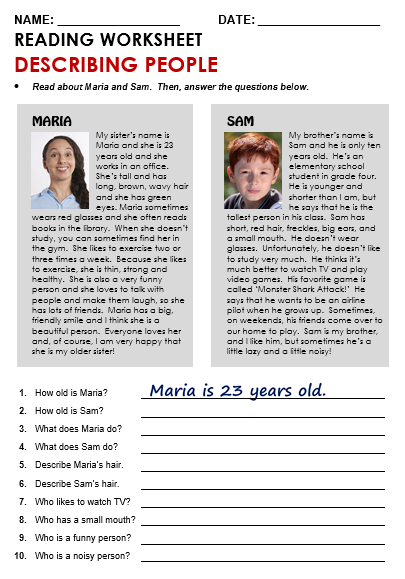
“That football player ran so much today that he was dead on his feet by the end of the game!”
PoopedPooped is a slang term to describe being tired. If you are pooped, you are very tired from doing a lot of physical activity. Pooped is informal, and tends to be more common in North American English!
“He was pooped after cleaning the entire apartment”
Barely Able to Keep One’s Eyes OpenThe final phrase I want to introduce today is barely able to keep your eyes open. You can probably imagine the meaning of this one – you are so sleepy that it is difficult to keep your eyes open. I’m sure we’ve all been hardly able to keep one’s eyes open. It is an idiom similar in meaning to “sleepy” and “drowsy.”
“I was barely able to keep my eyes open during that class”
Final ThoughtOn this episode of Thinking in English, I have tried to introduce you to some alternative ways of talking about tiredness! Everyone gets tired, so I think it is really useful and important to have a few different ways to describe feeling tired! I’m sure all of you have been exhausted, dead on your feet, or worn out at some point.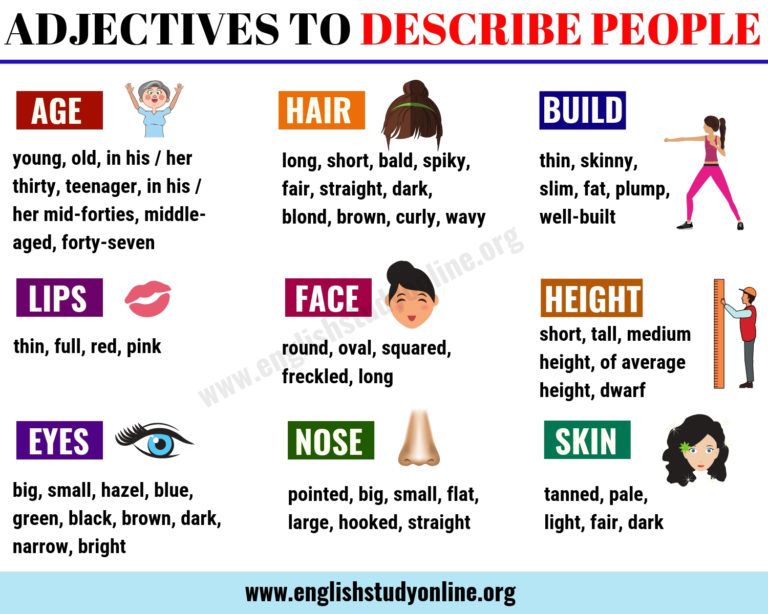
Do you know any other ways of saying “tired” in English? Let me know in the comments!
I’m so excited that you found my blog and podcast!! If you don’t want to miss an article or an episode, you can subscribe to my page!
Email Address
Subscribe wherever you enjoy podcasts:
Spotify
Apple
Pocket Casts
Overcast
Anchor
RadioPublic
Castbox
Breaker
Like Loading…
Search
adjective
needing to rest or sleep
adjective
extremely tired and without enough energy to do anything else
adjective
very tired, especially because of hard work or activity
adjective
feeling that you want to sleep
adjective
feeling tired and likely to go to sleep
adjective
so tired that you do not feel well
phrase
informal so tired that you cannot do anything more
More synonyms
adjective
spoken very tired
adjective
Britishimpolite very tired
adjective
informal someone who is burned-out is very tired and has no energy, usually because of too much work or worry
adjective
informal extremely tired
adjective
not moving or thinking because you are completely bored or very tired
adjective
unable to think clearly or understand what is happening because you are surprised, upset, tired, or have been hit on the head
adjective
informal very tired, weak, or sick
adjective
mainly Britishinformal extremely tired
phrase
very tired
adjective
informal feeling tired and not able to think quickly, especially because you have been given drugs to take away your pain or to make you sleep
adjective
Britishinformal very tired
adjective
becoming weaker, more tired, or less enthusiastic
adjective
feeling tired, weak, or confused, especially because you are sick or have not had enough sleep
adjective
Britishvery informal very tired
adjective
lacking energy and not wanting to do anything
adjective
used about someone who does not have much energy
adjective
informal very tired
phrase
to be very tired
adjective
mainly Britishinformal extremely tired
adjective
literary feeling ready to sleep
adjective
literary very tired
adjective
Australianinformal extremely tired
adjective
informal very tired, nervous, and worried
adjective
if a part of your body is tired, it needs to rest
adverb
in a way that shows you are tired
adjective
showing that you are very tired
adjective
tired and impatient about something
adjective
Britishinformal very tired
adjective
very informal very tired
adjective
informal extremely tired
adjective
Americaninformal very tired, or unable to think clearly
adjective
informal very tired, or almost unconscious
English version of thesaurus of tired
Free thesaurus definition of tired from the Macmillan English Dictionary - a free English dictionary online with thesaurus and with pronunciation from Macmillan Education.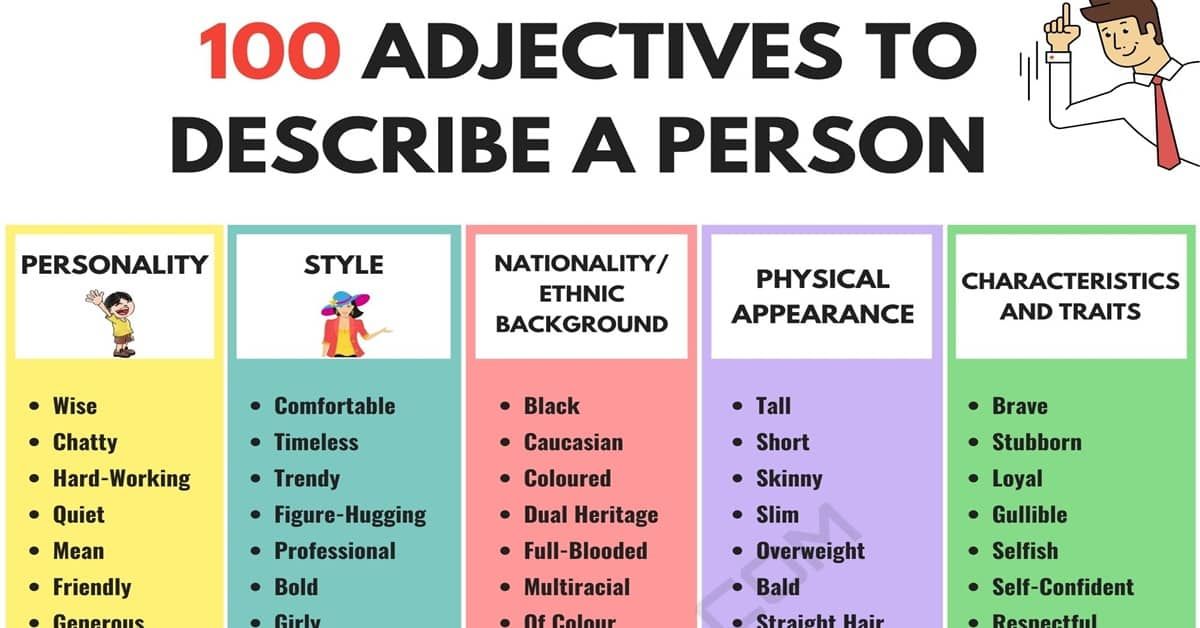
examples, methods, rules for constructing a description of the appearance and character of the hero
Character description:
Regardless of what you write: a novel, short story, short story - one of the most important questions will be: "How to describe the character?" It is said that even experienced writers are afraid of this task. We have collected effective rules, methods, techniques and examples.
You will learn how to describe a character so that the reader will say: "I believe!" nine0013
How to describe the appearance of a character
Every author at least once in his life wanted to become a telepath and broadcast an accurate image of his character straight into the mind of the reader. But we do not need this: we have talent and theory to help him. Let's analyze the techniques that will help to write a description of the character's appearance.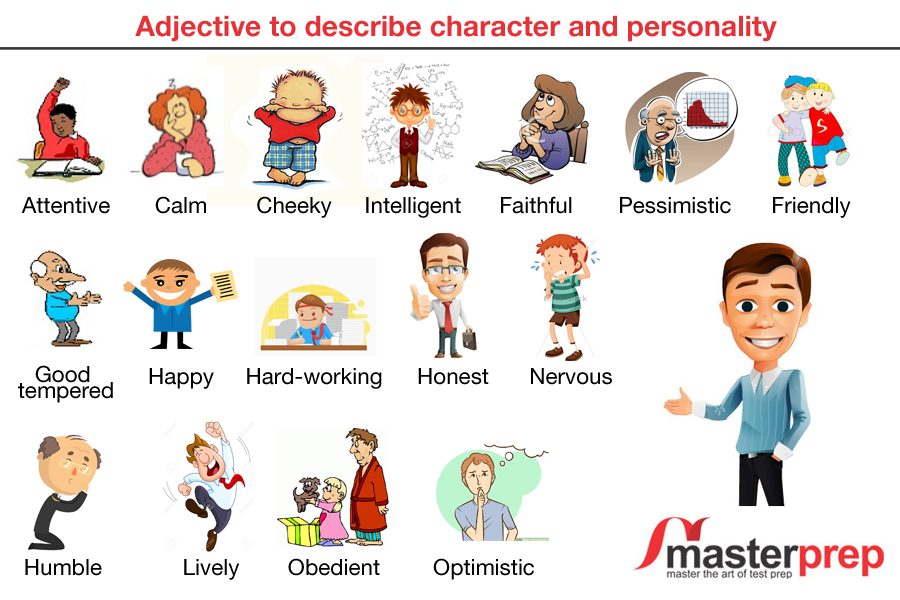
Static and dynamic description
The first step is to decide how to present the character to the audience. The easiest way is to choose one of the description types: static or dynamic. nine0013
Static type - a description of the appearance is given as soon as the hero appears in the work.
The reader will get an idea of the most striking features of the character and visualize it faster.
The author can get carried away and forget that the elements of appearance should not just draw a picture, but serve the purpose.
If Turgenev with the appearance of Kirsanov's character in " Fathers and Children " immediately noted his graceful and refined hands, he would not have been able to contrast them so vividly with Bazarov's rudeness in the next chapter. It was this detail, presented not immediately, but in due time, that put emphasis on the social difference of the characters.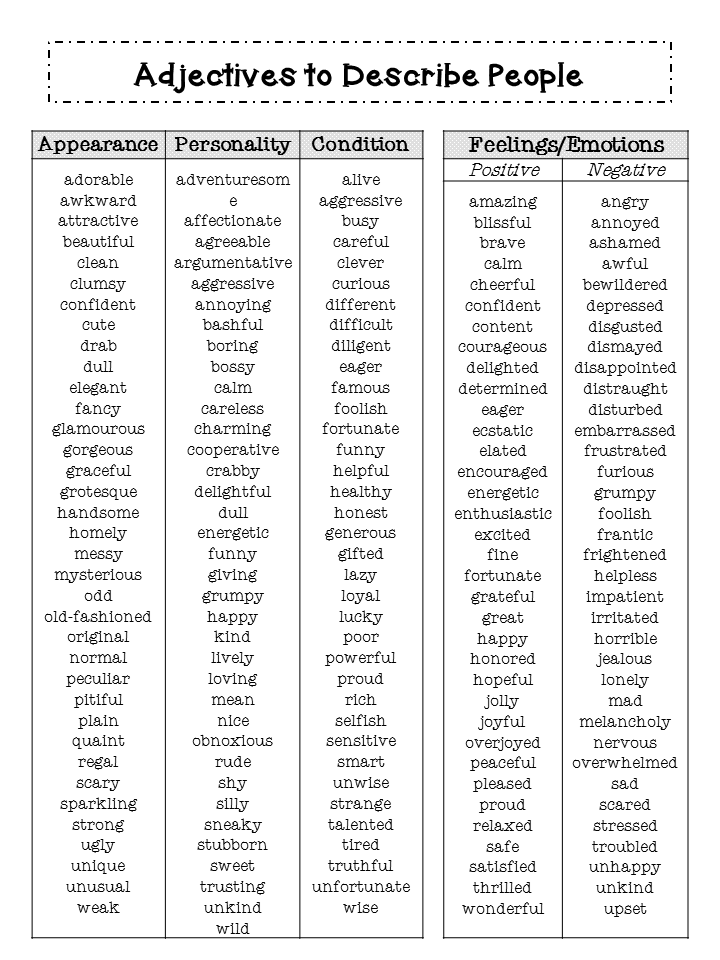
If the narration is in the first person, it is better not to use a static description for the main character. Otherwise, the text will turn into an essay on the topic "Story about yourself."
The second way is a dynamic description of the character's appearance. nine0005 With this method, the reader assembles the portrait of the hero piece by piece, like a mosaic, discovering new elements of appearance in the course of events. For example, one of the characters can comment on the appearance of the other, thereby giving us a new detail.
This approach sparks the imagination of the audience . Each will present the hero in his own way, endow him with different features of appearance.
The disadvantage of a dynamic type is that it can be abstract. nine0005 It is important for some readers to get a description of the characters from the author as soon as possible, otherwise it is difficult for them to perceive the text.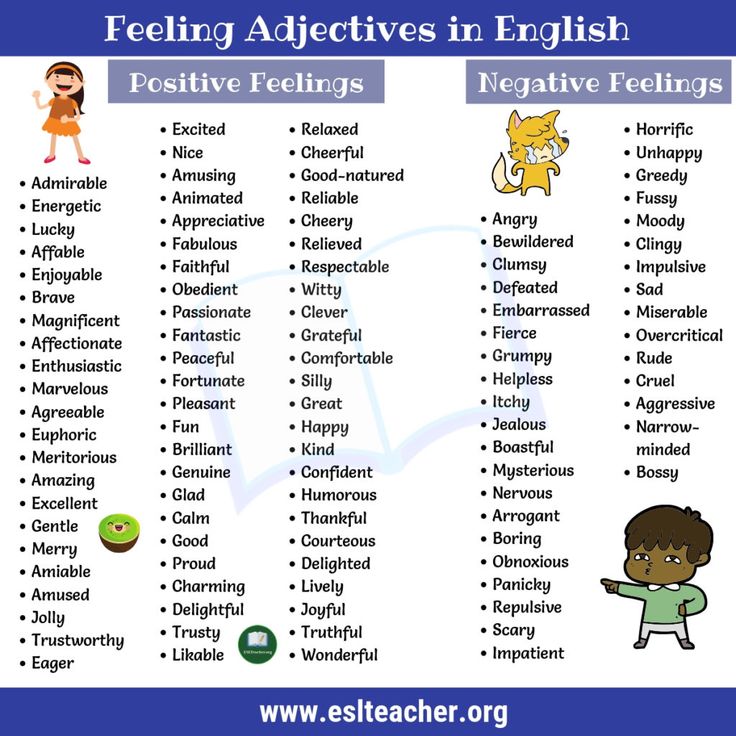 And if the appearance of the characters is an important part of the author's intention, it is better to refuse a dynamic description.
And if the appearance of the characters is an important part of the author's intention, it is better to refuse a dynamic description.
Shakespeare sinned with a not very successful dynamic description of Hamlet's appearance. Did you know that the Prince of Denmark - is the owner of an obese figure and shortness of breath? But it is mentioned in the text.
An integral static description was often used by the authors 18−19centuries, but modernists in the 20th century avoided depicting everything external in order to emphasize the collective image of the hero.
Kafka did not say what color Joseph K.'s eyes were in " Trial " Kafka. After all, Josef - is the image of a person as a whole, each of us.
The static type is more suitable for works of small forms, or stories in which the plot develops quickly. The dynamic type is good for large pieces.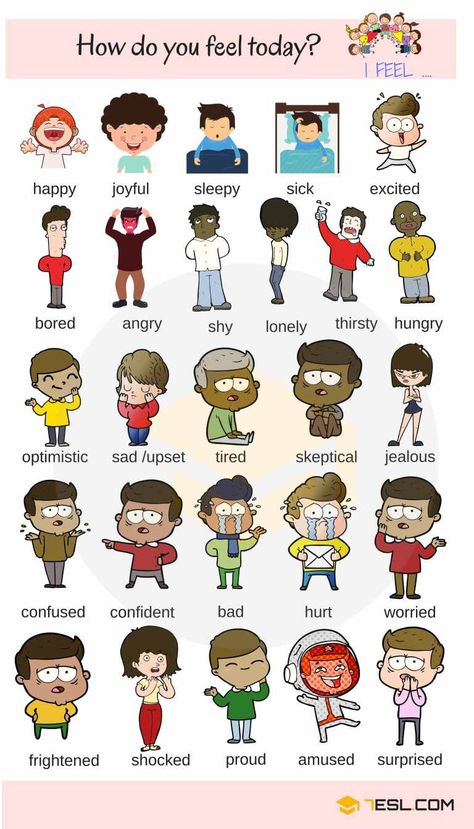
The static type is more suitable for works of small forms, or stories in which the plot develops quickly. Dynamic type is good for large works
Long and short descriptions
Long
Long descriptions of appearance, in addition to the appearance of the character, can reflect some traits of his character and social affiliation . They allow you to pay attention to clothes. After all, she is a kind of indicator of the era. Clothing can tell about the hero's profession, how neat and wealthy he is, whether he follows fashion or denies it. Maybe the character's clothing has a distinctive insignia. nine0007
From the red mark on the soldier's cap in " Quiet Don " it is immediately clear that he is from the revolutionary army. At the same time, Sholokhov does not mention which troops the character belongs to.
Brief descriptions cover only individual features of the appearance of the hero .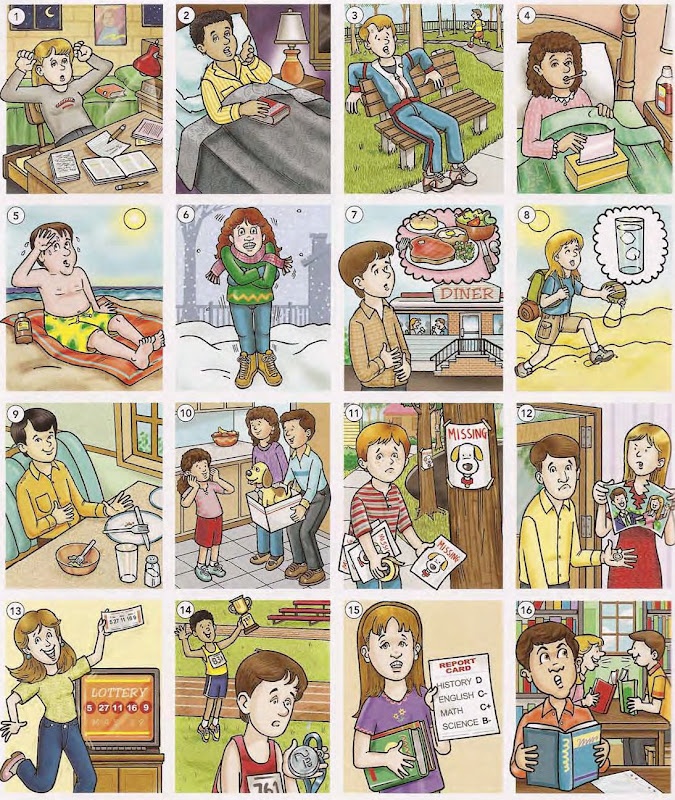 Memorable details can be an unusual color of hair or eyes, scars and moles, jewelry, gait. Sometimes external characteristics can even be replaced by a general impression. nine0007
Memorable details can be an unusual color of hair or eyes, scars and moles, jewelry, gait. Sometimes external characteristics can even be replaced by a general impression. nine0007
Describing Clarissa from " Mrs. Dalloway ", Virginia Woolf is limited to comparing the heroine with a blue-green bird, lively and light.
Reception of reflection
Separately, it is worth mentioning such a reception of a static image of appearance as reflection. It is convenient to implement it even in first-person narration. But there are nuances. For beginners, the technique may seem easy and original. But such descriptions, especially on the first pages of a story, may not turn out to be a very fresh cliché. So if you're describing a character's appearance in terms of their reflection in a mirror or water, make sure it doesn't look too obvious. nine0007
In " Nausea " Sartre Antoine Roquentin looks at his reflection and we learn that he is ugly: he has red hair and looks sickly.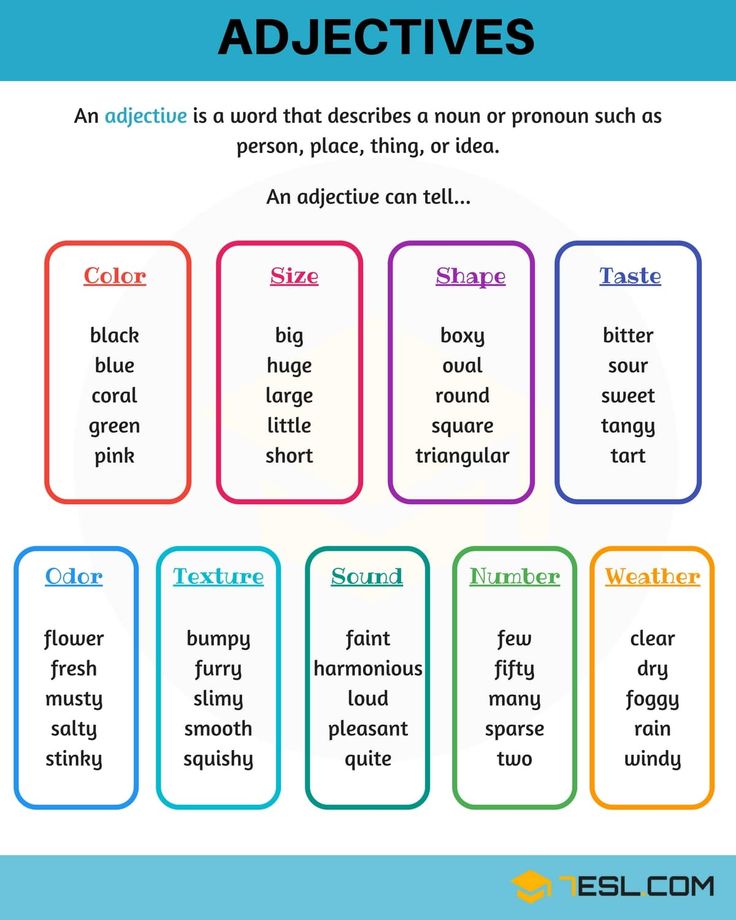 But we also learn that red hair - is the only thing that Roquentin likes about himself, and it's good that he is not blond or brown. Immediately, the reflection seems to the hero somehow strange, inanimate: another attack " existential nausea " . Sartre links the description of the appearance to the development of the action.
But we also learn that red hair - is the only thing that Roquentin likes about himself, and it's good that he is not blond or brown. Immediately, the reflection seems to the hero somehow strange, inanimate: another attack " existential nausea " . Sartre links the description of the appearance to the development of the action.
Photography
The use of photography helps to introduce the hero into the story before he becomes a direct actor. First, we will see his image through the eyes of another character.
The technique was used by Dostoevsky in the novel " Idiot " . Prince Myshkin, not yet personally acquainted with Nastasya Filippovna, sees her portrait. He immediately understands that what makes this young woman beautiful is not her outward appearance, but the suffering reflected in her black eyes. nine0051
The appearance of an exceptional hero
The appearance of a hero can tell whether he is part of the crowd or stands alone in society .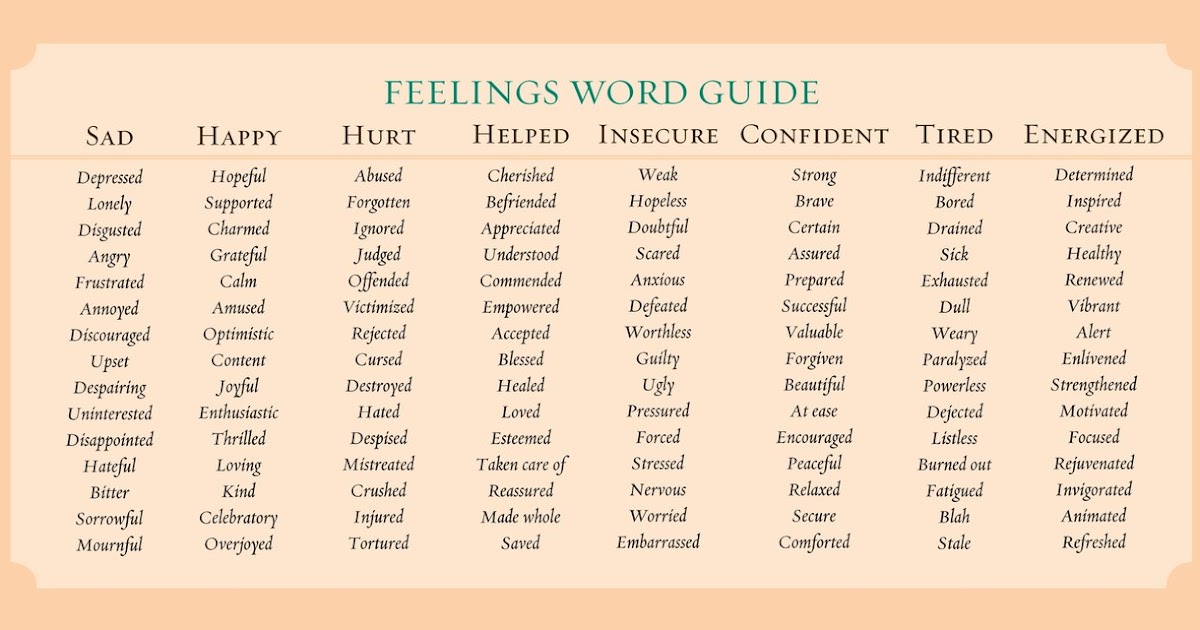 Exceptional heroes were loved by romantic writers, describing them as invariably tall, with a graceful physique and contrasting facial features. So, if the character has dark curls, then the eyes should have been blue. And if the eyes are black or brown, then the hero is necessarily fair-haired, like Lermontov's Pechorin . nine0051 This is an example from 19th century literature that is not worth repeating to avoid clichés. Or use it carefully.
Exceptional heroes were loved by romantic writers, describing them as invariably tall, with a graceful physique and contrasting facial features. So, if the character has dark curls, then the eyes should have been blue. And if the eyes are black or brown, then the hero is necessarily fair-haired, like Lermontov's Pechorin . nine0051 This is an example from 19th century literature that is not worth repeating to avoid clichés. Or use it carefully.
Thomas Mann distinguishes his hero in a completely different way in the short story "Little Mr. Friedemann". Johann Friedemann is a small hunchback with an "almost beautiful" face, huge eyes. He is a real esthete, which is manifested in the ability to dress with taste.
Technique of opposing appearances
Technique of opposing the appearance of heroes can play into the hands . This will further emphasize the conflict of their ideas and outlook on life.
For example, images of brothers from "Quiet Don" Sholokhov.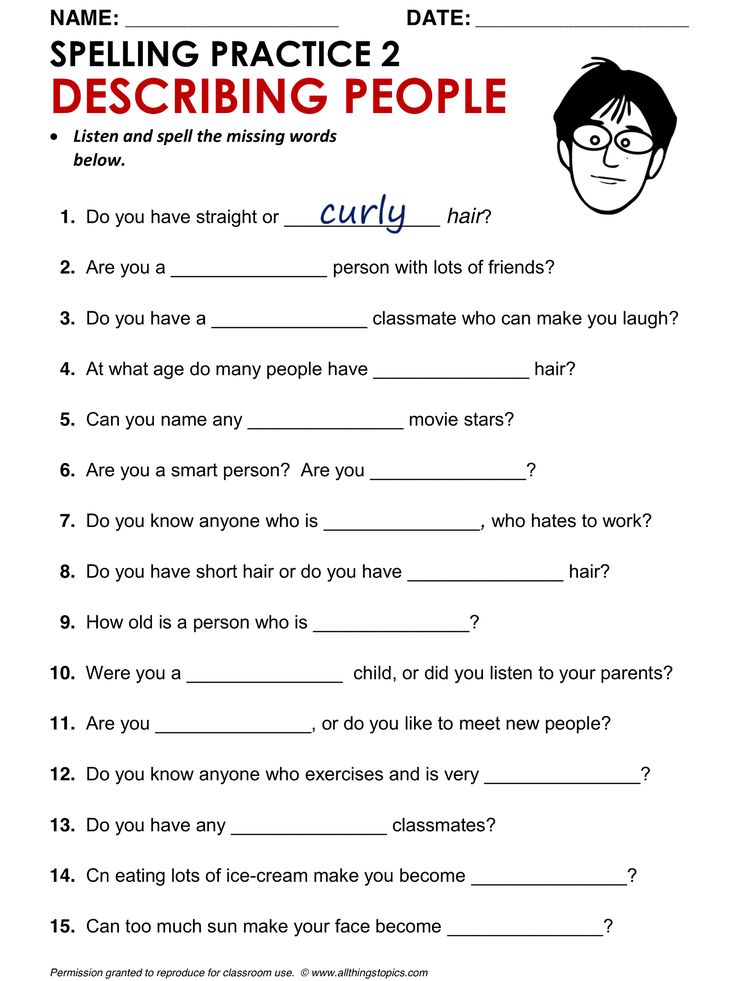 Grigory inherited his father's Turkish blood, and together with "kite nose", swarthy skin and sharp cheekbones, he inherited a wild, rebellious disposition. Petro, on the other hand, went to mother - tall, fair-haired and snub-nosed, a simple Don Cossack. They are like different elements, and this will manifest itself in the plot. nine0051
Grigory inherited his father's Turkish blood, and together with "kite nose", swarthy skin and sharp cheekbones, he inherited a wild, rebellious disposition. Petro, on the other hand, went to mother - tall, fair-haired and snub-nosed, a simple Don Cossack. They are like different elements, and this will manifest itself in the plot. nine0051
Common mistakes
The character's appearance is important, but it is far from being the main characteristic. Aspiring writers tend to get carried away with portraying a character's appearance and forget about their personality, thoughts and feelings. Don't turn the hero into an identikit.
But there is another extreme - completely do not pay attention to the appearance of the character . Even if the character’s inner world is more important for the plot, try to find a way to somehow mention the appearance.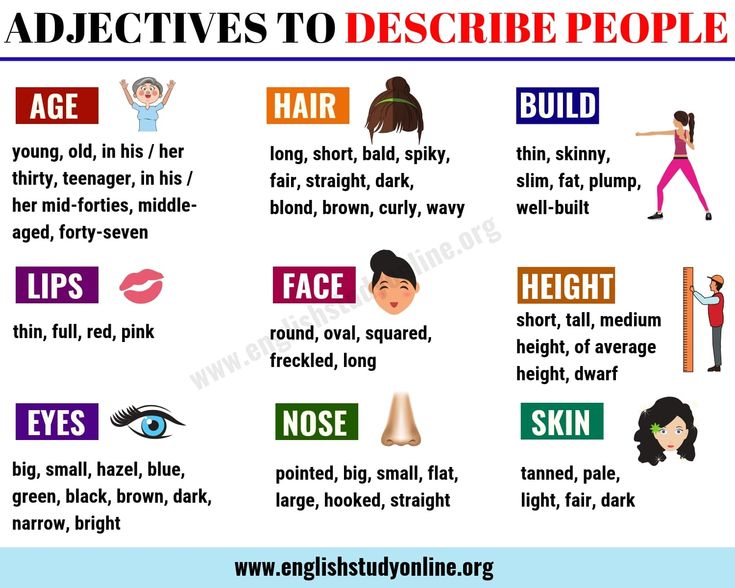 For this, reflection techniques or photography, which we wrote about, are perfect. nine0013
For this, reflection techniques or photography, which we wrote about, are perfect. nine0013
How to describe a character
People love to read about people, and different people. That is why characters, both main and secondary, are so important. Their characters are the material of the conflict and the plot as a whole. Even if you conceived a spineless hero. This will be his main quality, which must be conveyed correctly.
The characters of a talented writer are so voluminous and truthful that sometimes they themselves dictate how events will develop further.
We can see how Tolstoy's attitude towards Anna Karenina changes as the plot develops. The author presents her as vulgar, complete, unsympathetic. But then Karenina appears as a lady with excellent taste, natural grace and liveliness in her eyes. Tolstoy felt empathy for his own character, and the image of Anna changed.
The main character trait
If the actions of the hero obey only one trait of his character, he will turn out to be flat, uninteresting and predictable.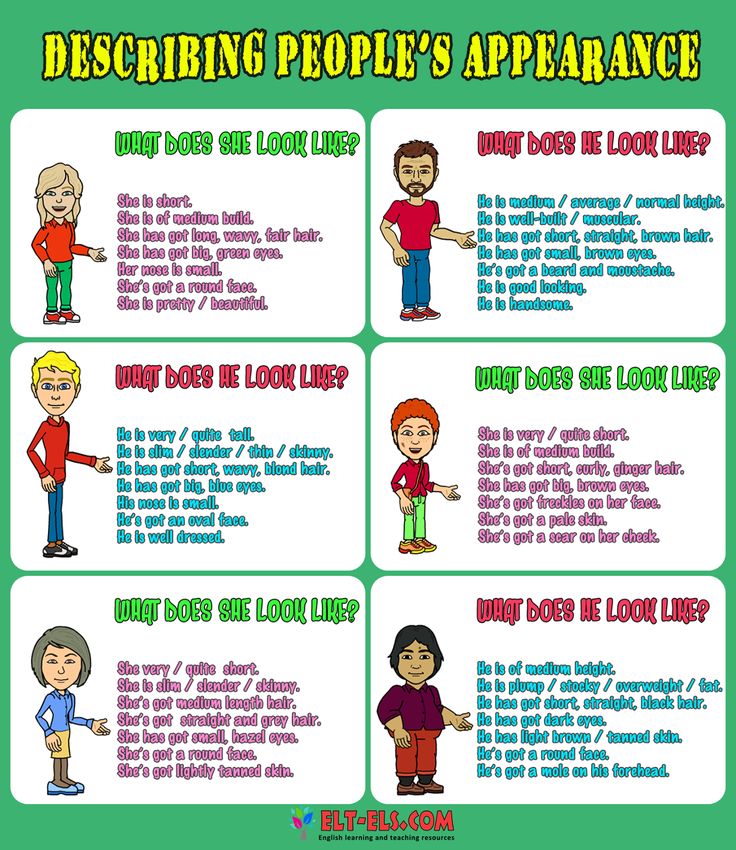 However, the presence of dominant feature would be a plus. And the stronger the effect will be if the hero opens up from the opposite side. It may turn out to be completely unexpected for the reader and for himself.
However, the presence of dominant feature would be a plus. And the stronger the effect will be if the hero opens up from the opposite side. It may turn out to be completely unexpected for the reader and for himself.
It is unlikely that Anatole Kuragin from War and Peace will find admirers: Tolstoy made him so repulsive. However, let us recall the scene in the hospital, when Prince Andrei recognizes Kuragin in one of the wounded. He was so helpless and defenseless in his position that Bolkonsky forgave him a dishonest act - the seduction of Natasha. nine0051
A conflict-forming flaw
Let's leave the ideal heroes to the era of classicism of the 18th century. The character of a modern book must be believable so that the reader can recognize himself in him . It is precisely this purpose that the conflict-forming flaw - quality serves, which affects the development of relations between characters.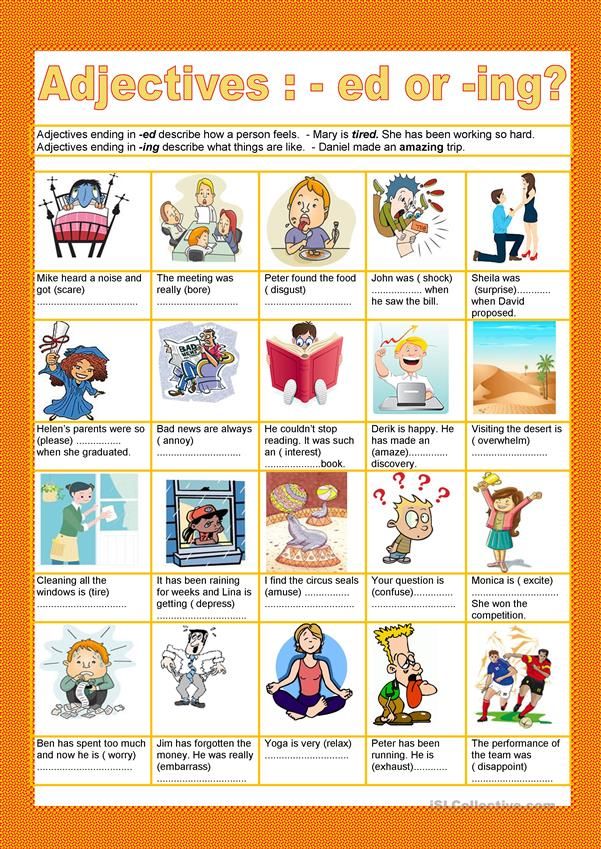
Let us turn again to Tolstoy's War and Peace. Natasha Rostova is a living life, as the author called her. She is young, naive and frivolous. This quality of Natasha pushed her to the betrayal of Prince Andrei - treason with Anatole Kuragin. However, every negative character trait has a downside. In the case of Natasha Rostova, this is the ability to love life and enjoy every manifestation of it. nine0051
Motives and goals
Everyone, even the most ordinary character, should have a goal. This is the driving force behind his actions. The game can be worth the candle of the path traveled for it. But the character can also be disappointed in his goal, having reached it, and sometimes only approaching it.
A simple sailor Martin Eden from Jack London's novel of the same name dreamed of becoming part of high society. He took up self-education and discovered in himself the talent of a writer. But the world did not accept his works exactly until Martin gained fame.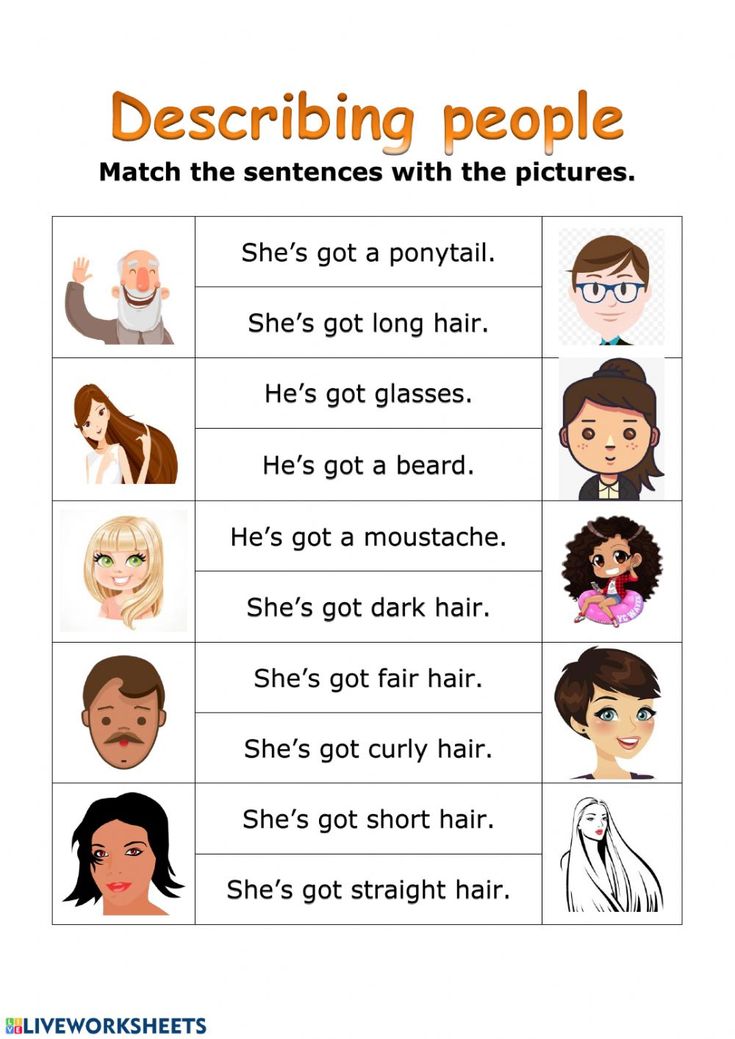 The same books by an already respected writer were praised by the elite. Martin became disillusioned with his goal and committed suicide. nine0051
The same books by an already respected writer were praised by the elite. Martin became disillusioned with his goal and committed suicide. nine0051
The main motives can be love, envy, revenge, striving for fame, wealth, success in the profession, etc. idea! This is a completely different case, a conscious decision by the author. The situations and conflicts in the book will show how empty life can be, and the reader will draw conclusions for himself.
Let's take the landowner Manilov from Dead Souls as an example. This person is mired in a swamp of unresolved tasks and spends whole days in idle talk about nothing. It is not clear how and why Manilov lives. Gogol created this sleepy kingdom in order to show one of the vices of the Russian nobility.
Habits
Habits add humanity to the hero, which means believability.
Random habits - those that seem to mean nothing, but make the hero a little more memorable.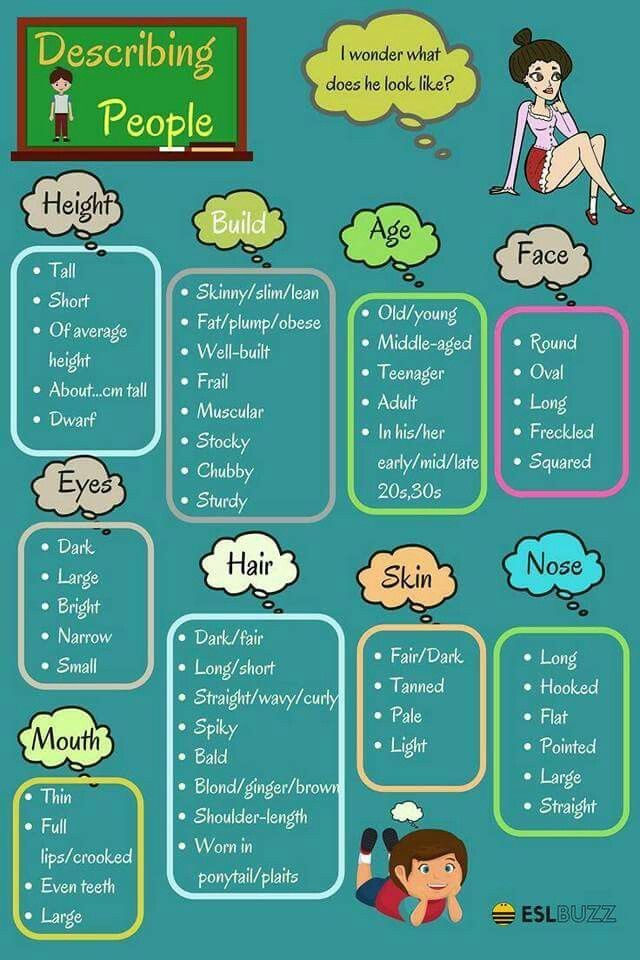 Strokes to the portrait: someone straightens the bangs, someone twirls the ring on his finger, someone orders the same lunch at McDonald's ...
Strokes to the portrait: someone straightens the bangs, someone twirls the ring on his finger, someone orders the same lunch at McDonald's ...
A hero who is not too balanced (whether positive or negative) may show nervous habits. Their reason is most often tragic, and is either known to the reader right away, or is an intrigue and is explained over time.
If a character is a typical representative of some profession: a doctor, teacher, military man, policeman, one often wants to reward him with a professional habit . Teachers outside the classroom continue to speak in a loud, stern voice, doctors tend to assess the health of any interlocutor, and the police - the situation of any room ... And again, beware of clichés. Try to play on the contrast: let the hero behave differently than expected from "professional deformation". nine0013
Fears
There is hardly a person in the world who is not afraid of anything. And this means that in order to create a true image of the hero, you need to determine his fears.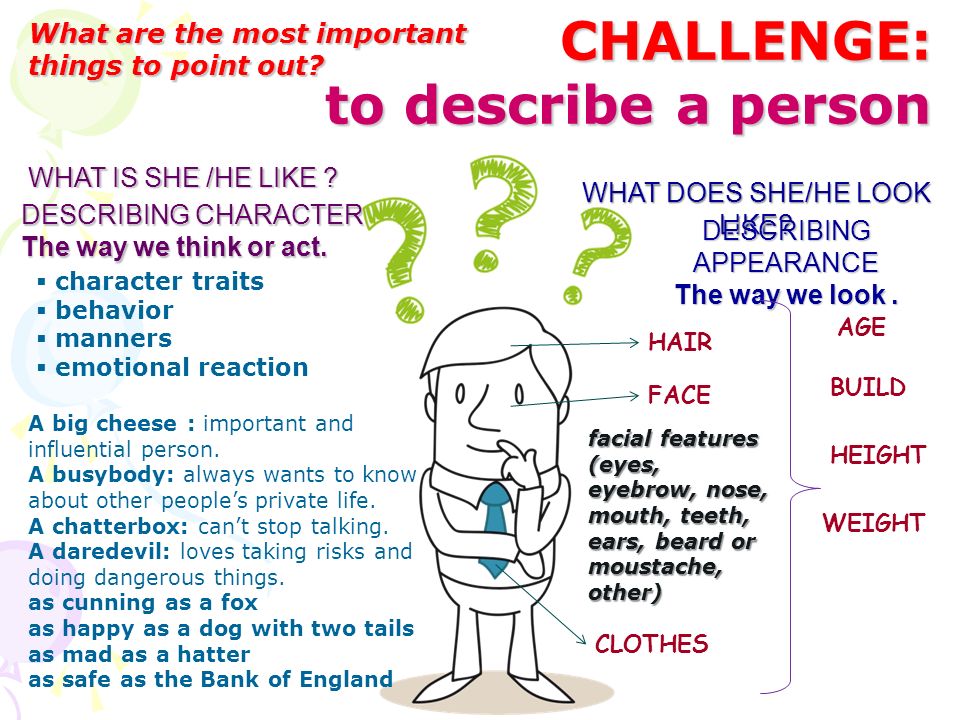
You can be afraid of anything: from cockroaches to the apocalypse. Fear is an integral part of personality. Therefore, a realistic hero cannot be fearless.
Consider several types of deep-seated fears:
The character may be afraid of appearing unfriendly, angry, dishonest. Such a hero wants to be correct and consistent. If he is misunderstood, he will fall into self-blame. Sometimes such people sincerely consider themselves worse than others. Sometimes they condemn others, making the same high demands on them as on themselves.
Anyone - romantic partner, family, crush, world. Fear of non-reciprocity makes you either work on yourself, or reconcile, or become a vindictive manipulator. nine0007
With how much the hero loves freedom, he is afraid to lose it. Such characters are independent and self-confident, born leaders. Their weak point is that they are not capable of close trusting relationships, even if they really need them.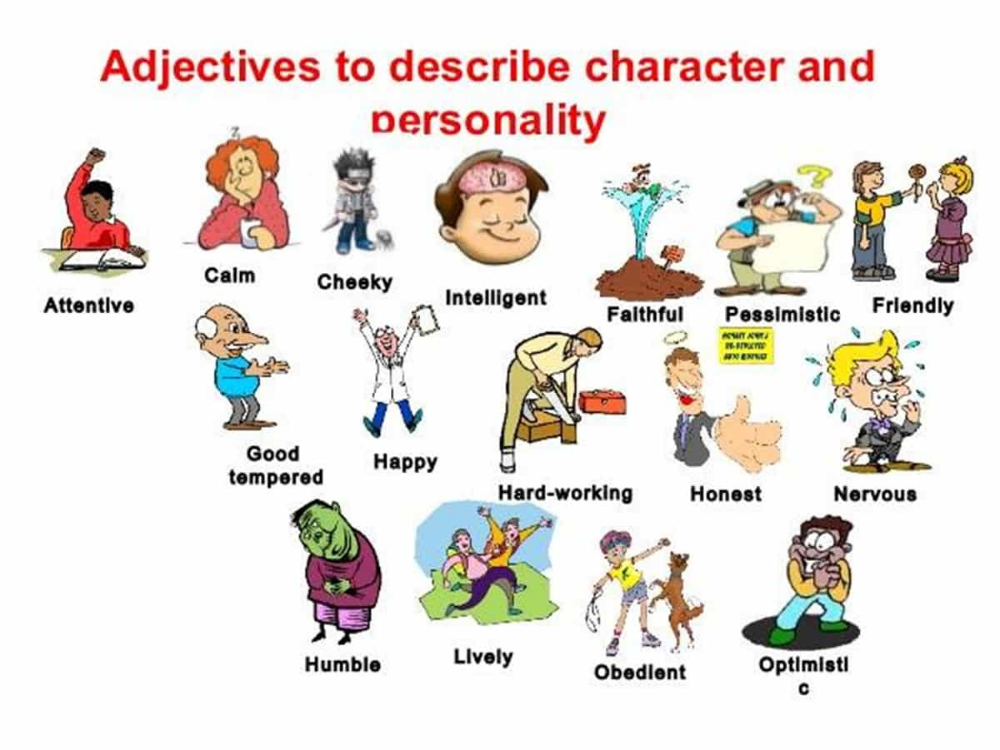
Watch people around you, look for inspiration in your surroundings. Life is so diverse that you may not even have to invent anything. The people we encounter every day are ready-made characters. It remains only to notice their characteristic features, describe and include in your work. nine0019
| Publish your book |
| Publish your book |
Was this article helpful to you?
How the LitRes home page works
How to write a story: a guide for beginners
How to write dialogue: a guide for authors and examples
Print-on-demand for authors LitRes: Samizdat
This article gives examples of words that describe in people:
Examples of popular and frequently used words that are used in everyday speech are given.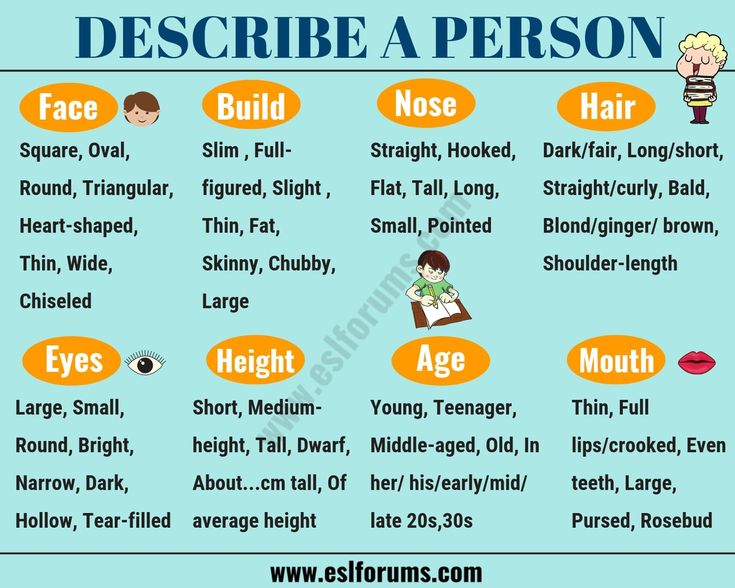 The total number of words, including synonyms, obscene, professional (medical terms), reaches several hundred. Words will help to describe feelings, inner experiences, compiling a summary. Some words from the list can be found as statuses and emoticons in applications, social networks, instant messengers. nine0007
The total number of words, including synonyms, obscene, professional (medical terms), reaches several hundred. Words will help to describe feelings, inner experiences, compiling a summary. Some words from the list can be found as statuses and emoticons in applications, social networks, instant messengers. nine0007
Nouns: applause, allergy, butterflies (in the stomach), recklessness, anxiety, rage, cheerfulness, fear, riot, greatness, fun, faith, breath, attraction, attention, excitement, excitement, will, inspiration, delight, admiration, exhalation, arrogance, harmony, anger, pride, pride, rudeness, sadness, pressure (in a person), insolence, trembling, breathing, pity, desire, fun, care, envy, isolation, shyness, anger, spitefulness, hiccups, initiative, interest, spark (in the eyes), high, nod (head), love, makeup, meditation, blinking, goosebumps, hope, pleasure, mood, indignation, hatred, nervousness, nerves, indecision, ovation, fire (in the eyes), loneliness , approval, expectation, concern, puzzlement, responsibility, soreness, disgust, sensation, pathos, experience, sadness, crying, peace, depression, wink, indifference, sweating, kiss, shame, neglect, pulse (in a person), indifference, joy , cordiality, contemplation e, relaxation, prudence, relaxation, reflex, determination, determination, timidity, handshake, self-deception, modesty, boredom, tears, courage, laughter, humility, embarrassment, regret, doubt, contemplation, calmness, passion, fear, shame, happiness, cockroaches (in the head), longing, anxiety, cowardice, slow-witted, respect, surprise, pleasure, horror, tenderness, smile, humiliation, fatigue, smirk, feeling, shock, generosity, ecstasy, emotion, rage.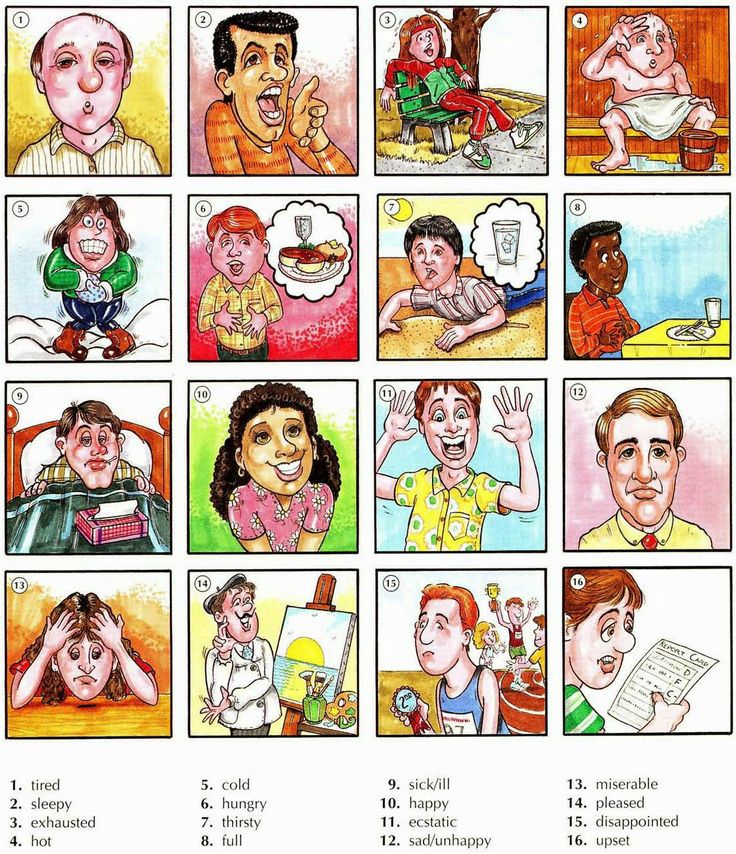 nine0007
nine0007
Verbs: applaud, turn purple (from anger), rage, worry, swear, be afraid, rage, bully, have fun, believe, lie, quarrel, worry, imagine, be inspired, coo, be proud, be angry, make friends, fight, huddle ( from fear), to regret, to care, to be angry, to gloat, to intrigue, to get high, to bite (lips), to love, to flatter, to dream, to frown, to wrinkle, to hope, to strain, to be indignant, to be perplexed, to be nervous, to be mad, to deceive, to seduce, to burden, to be puzzled , come to your senses, make excuses, be taken aback, ridicule, dare, bare your teeth (teeth), go nuts, fall (in spirit), worry, be sad, squeak, cry, wink, puff, stare, rejoice, relax, laugh, be timid, bare your teeth (teeth), to make trouble, to be bored, to laugh, to condole, to doubt, to sniff, to be shy, to avoid, to moan, to whine, to pull, to yearn, to be afraid, to grieve, to be stupid, to be surprised, to be satisfied, to be horrified, to smile, to be touched, to be clever, to beg, to lose heart, calm down, console yourself, get tired, fantasize, snort, find fault, brag, frown, scratch, kink, squint (from the sun), play up.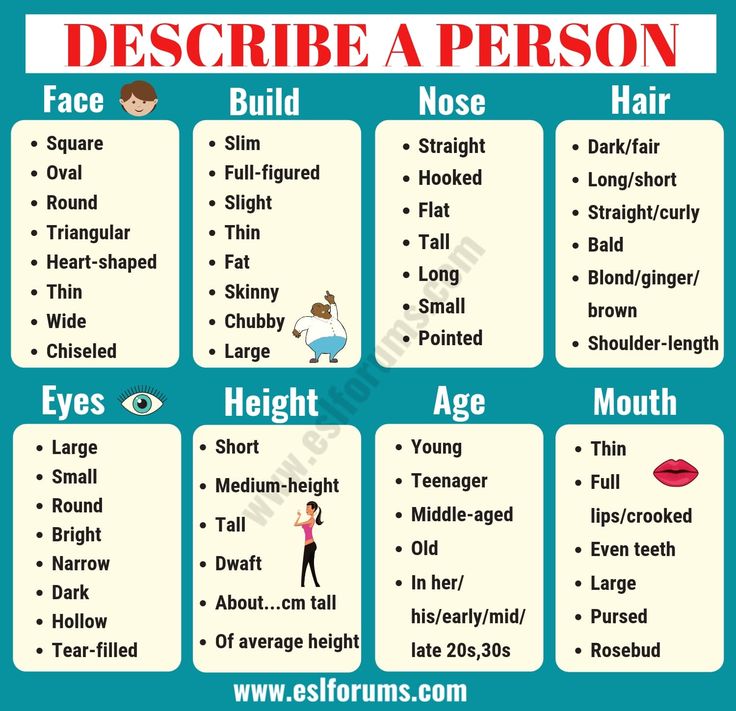 nine0007
nine0007
Adjectives: neat, active, immoral, frenzied, unrestrained, blameless, noble, pale, pale-faced, cheerful, sickly, shaggy, faithful, cheerful, magnificent, delightful, omniscient, tall, well-rested, gallant, stupid, angry, talkative, proud, hungry, hot, dirty, defiant, benevolent, kind, dignified, stupid, bad, miserable, feminine, cruel, funny, forgetful, mysterious, tanned, stutter, withdrawn, shy, healthy, angry, malevolent, furious, enterprising, interesting, intriguing, infantile, exhausted, handsome, cool, chubby, bony, crooked, meek, deceitful, bald, cute, gloomy, vindictive, courageous, muscular, tormented, negative, short, undersized, deceived, seductive, preoccupied, witty, discouraged, responsible, charmed, positive, set up, obedient, decent, sweaty, respectable, attractive, beautiful, direct (says it like it is), p unctual, joyful, sunken (from the sun), prudent, timid, ruddy, red, pockmarked, sexy, sexy, hunched, strong, stingy, embarrassed, modest, nice, bold, funny, gloomy, doubting, shy, passionate, scary, happy, talented, creative, fat, thick-skinned, clumsy, skinny, demanding, pathetic, shaky, dumb, conceited, terrible, smiling, smart, tired, tiring, boorish, laudatory, brave, gloomy, cold, thin, skinny, honest, clean, clean, crazy, generous, elegant, ardent (admirer).